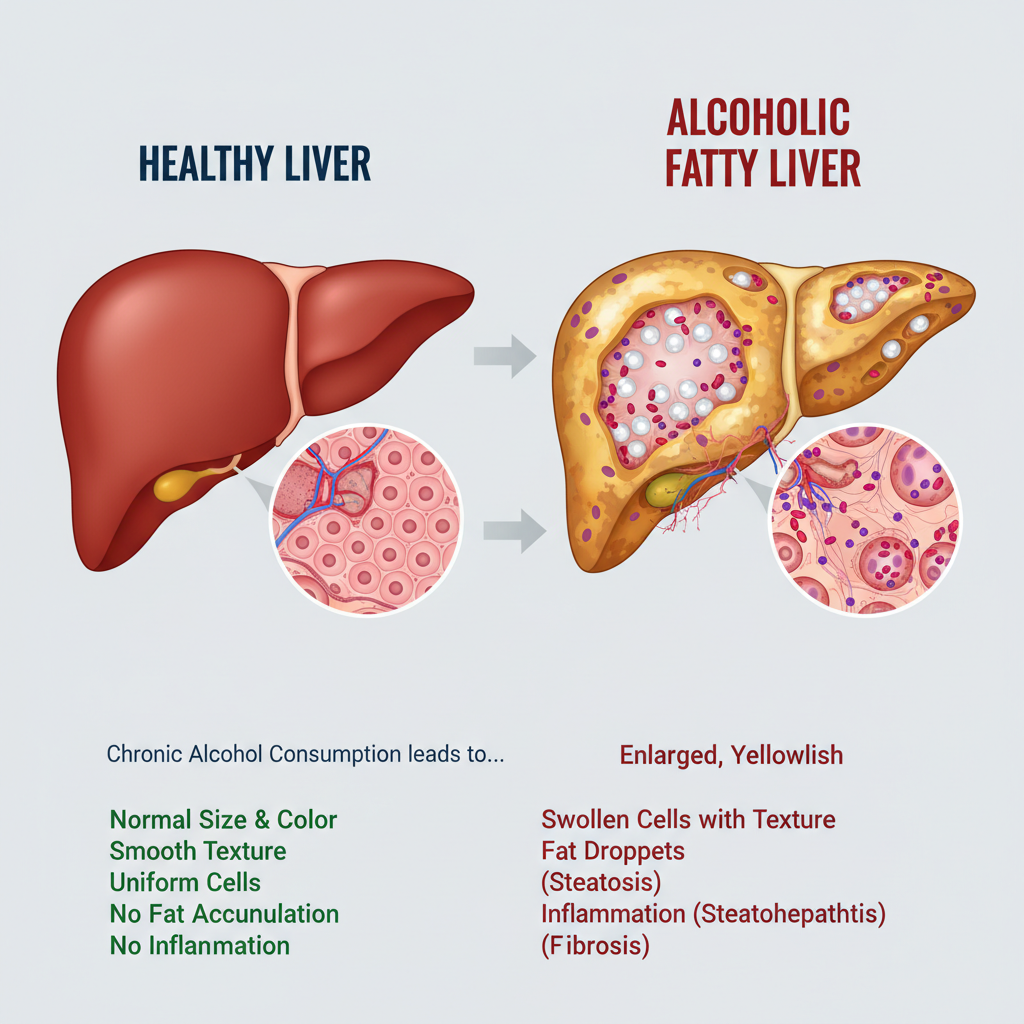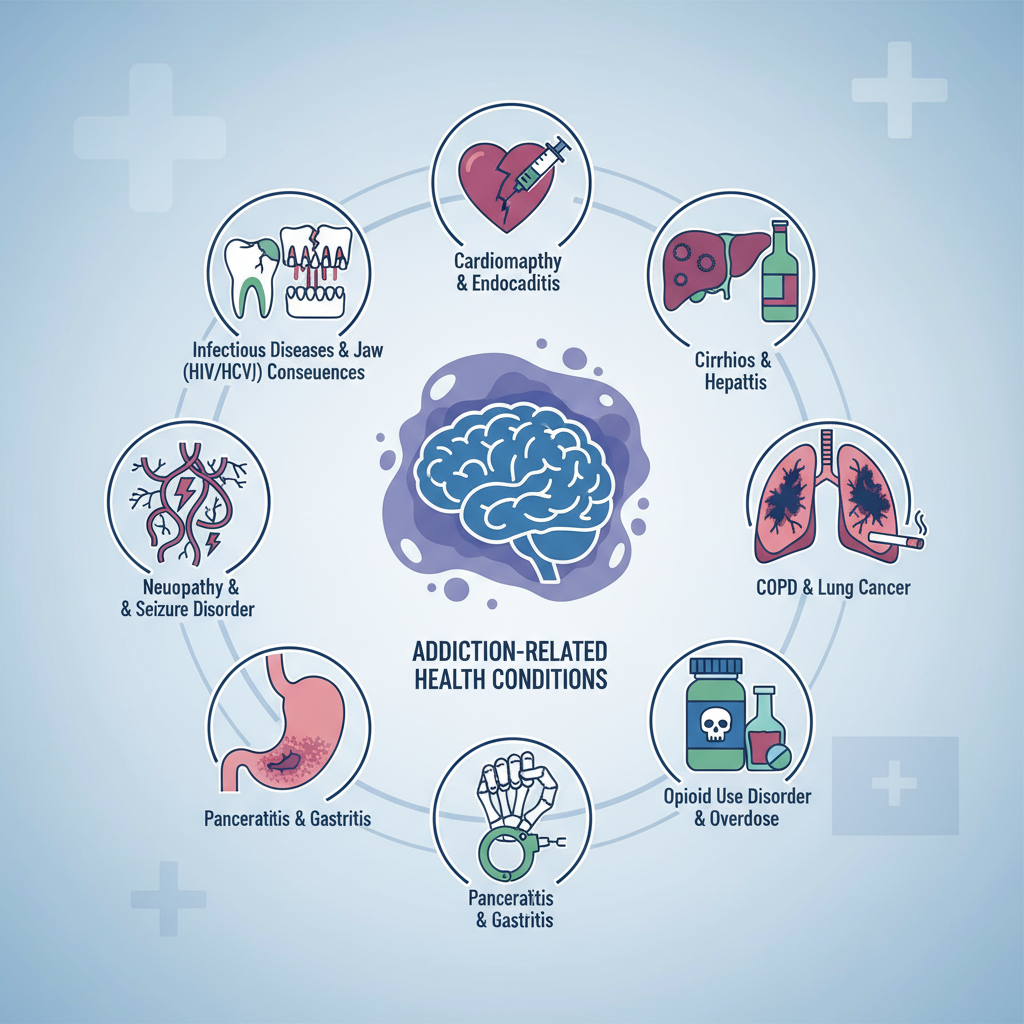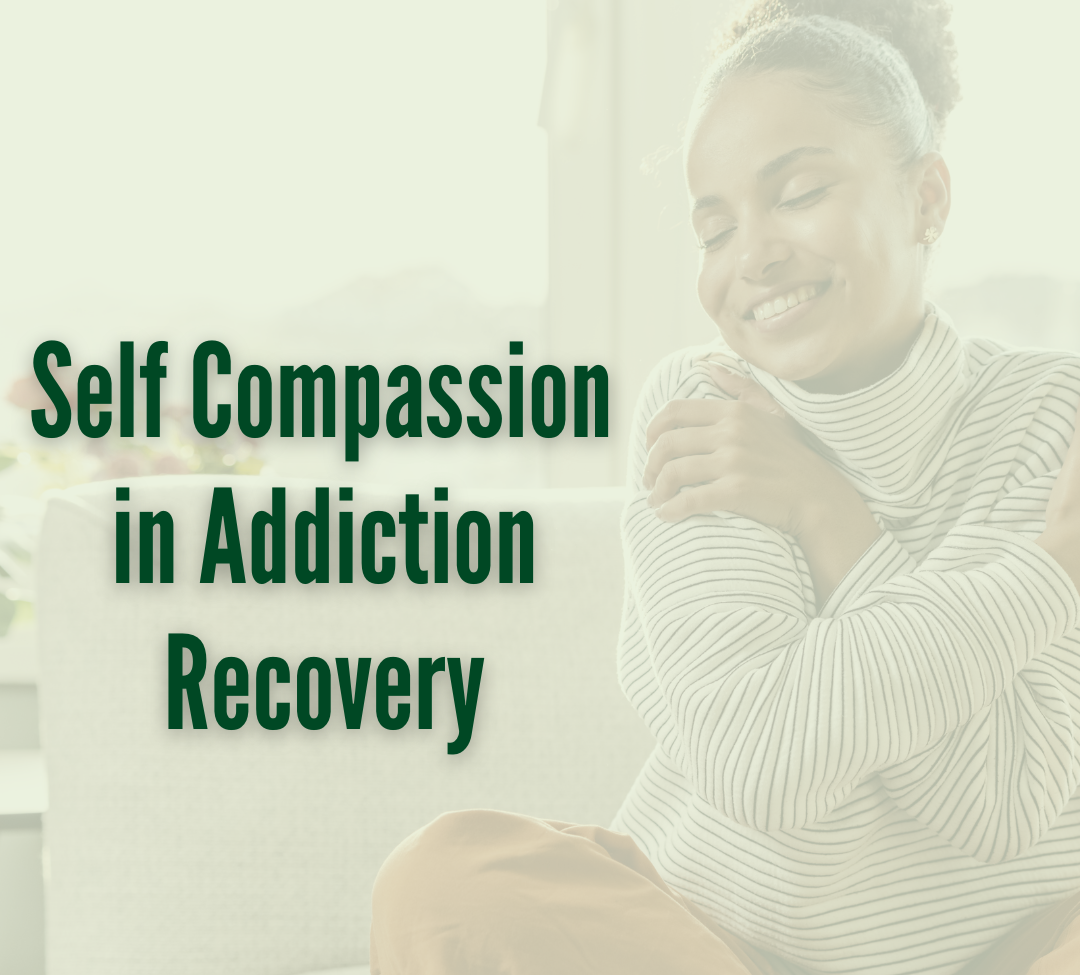When Passion Turns Into Addiction
If you’ve ever been so absorbed in a hobby, project, or TV series that you lose track of time, meals, or even sleep, you’re not alone. That deep focus—often called hyperfocus—can be exciting and even rewarding, especially when it fuels creativity, learning, or productivity. Many people experience it, though it’s often more common among those … Read more









